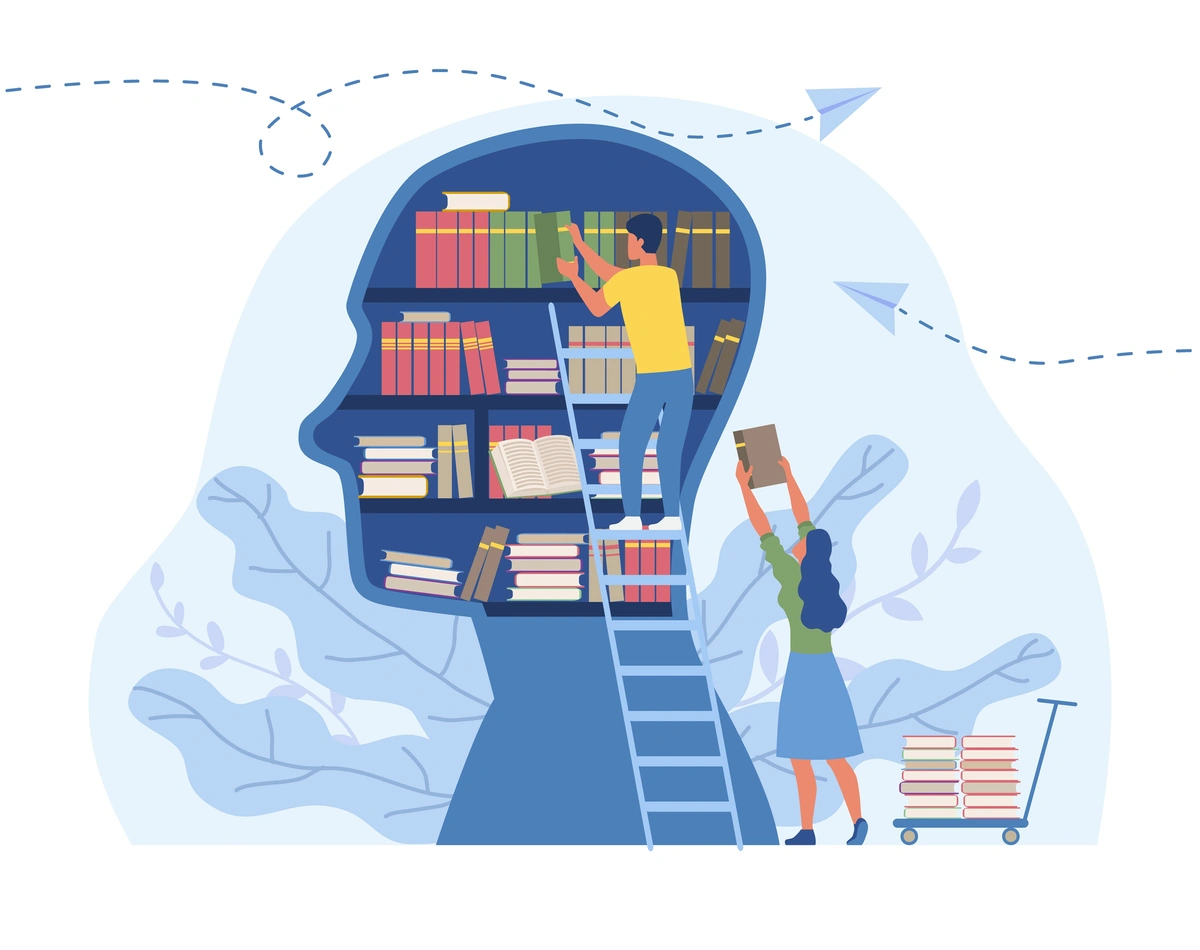Hoarding Disorder

Management and Resources
At home
It is important for family members living with someone who has Hoarding Disorder to recognize their limited role in the treatment. While the desire to help is certainly justifiable, the family will need to respect therapeutic limits and the sensitivity of the matter. It is often very difficult for family members to live with the clutter the hoarder accumulates. It may help to know that this is a mental illness and not simply a person who is very messy or lazy. The person with Hoarding Disorder may view each item as a treasure. Insight into this cognitive distortion will help family members sympathize with the enormity of the task to clean, organize and ultimately discard.
Some organizations recommend key steps that individuals with Hoarding Disorder can take to help reduce their emotional distress, such as developing a basic mindful “in-the-moment” attitude through meditation, yoga, or other therapeutic techniques. It’s also a great idea to stay healthy by getting exercise every day. Exercise generates endorphins, which are natural mood-elevating biochemicals that make people feel better.
At work and school
Many people with Hoarding Disorder may exhibit symptoms of compulsivity: taking an inordinate amount of time making decisions, ensuring that their decisions are the proper ones, checking to make sure that they have followed the rules, and worrying about the implications of all the above. For this reason, a person with Hoarding Disorder may spend excessive time on work related tasks compared to their peers. Not only can these rituals affect quality of life and ability to devote energy to more pleasurable pursuits, but they can also affect academic achievement and career advancement.
This should be managed with a trained CBT therapist, assessing the reward versus the risk of a rigid mindset, and encouraging behavioral challenges that limit the time devoted to completing tasks or ensuring their perfection. Receiving accommodations related to the Americans with Disabilities Act (ADA) can also help relieve the distress, but should not replace the goal of challenging the thoughts and confronting the perceived “worst-case scenario.”
Organizations & resources
There are private and governmental organizations that can provide information and support on Hoarding Disorder, which may be very helpful to the individual with the disorder as well as family members who are concerned.
Organizations
American Psychiatric Association
Websites
Help Guide for Helping Someone With Hoarding Disorder